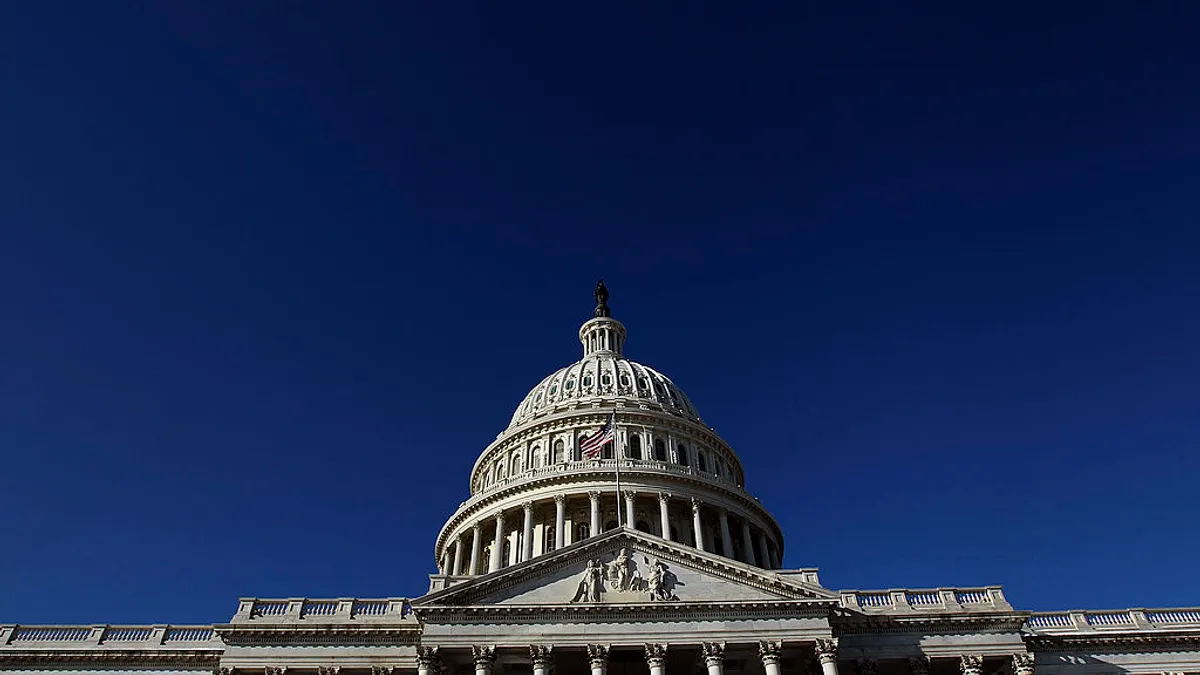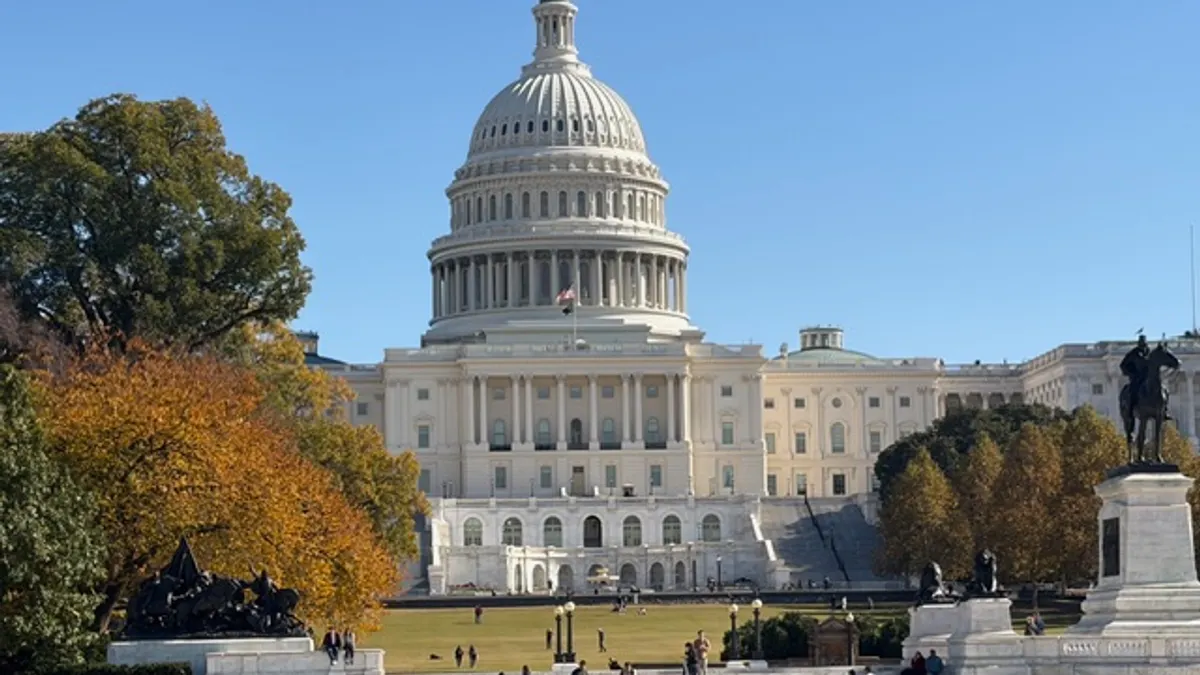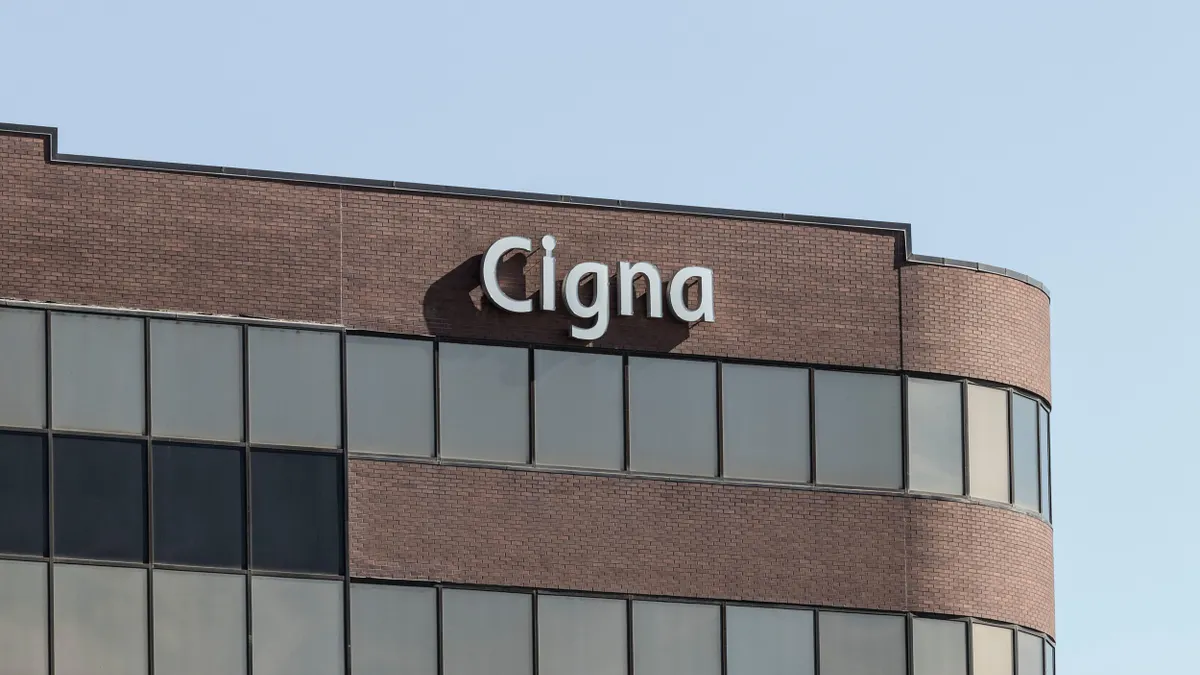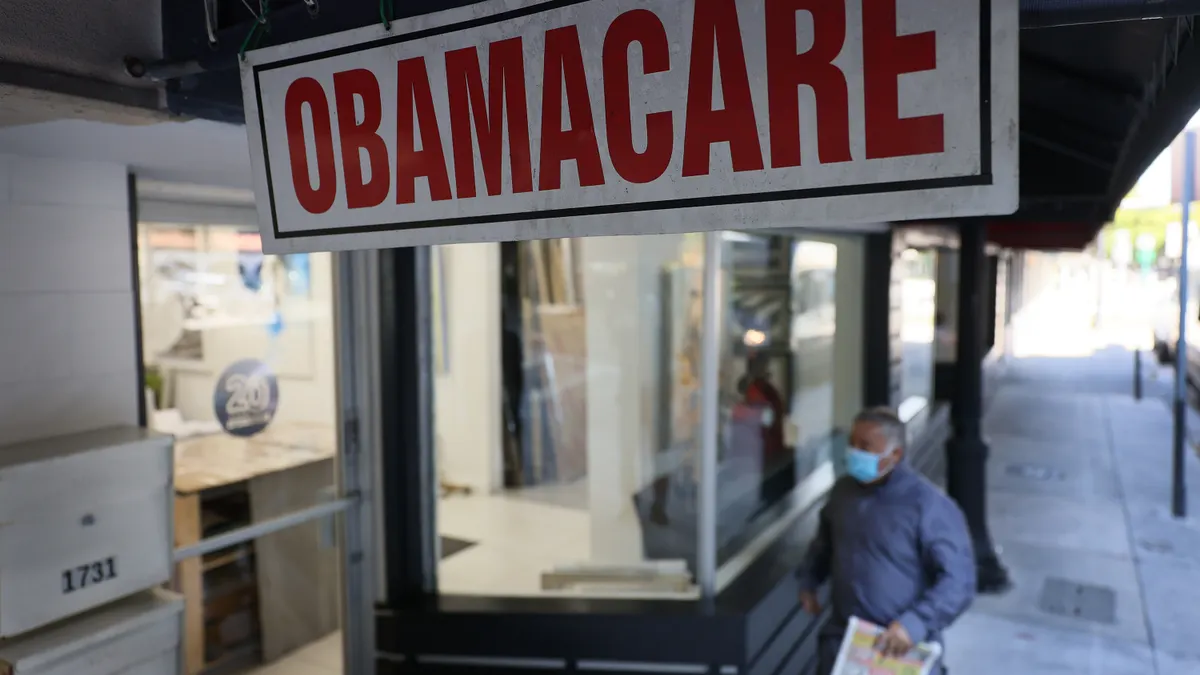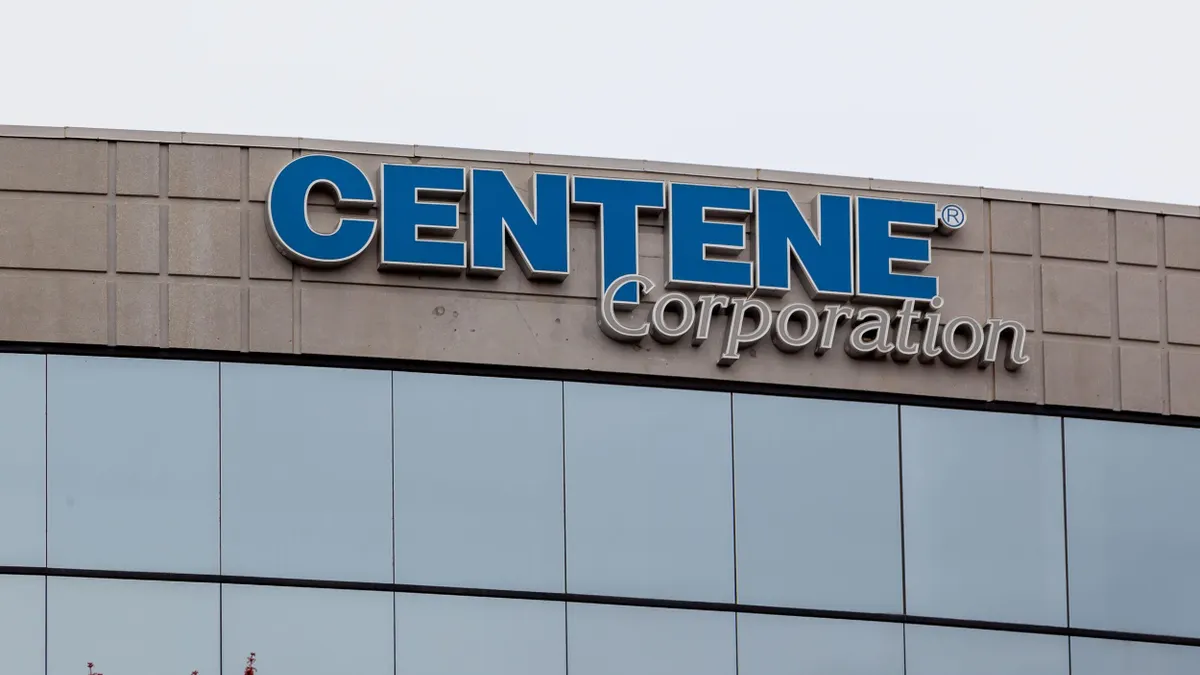The longest government shutdown in history came to an end Wednesday evening, after President Donald Trump signed a stopgap spending bill narrowly approved by the House earlier that day.
Washington can now work to get its operations back up and running — but it will do so without Democrats securing their paramount objective: a concrete path forward to preserve enhanced tax credits for ACA plans set to expire at the end of 2025.
Republicans in the Senate have agreed to vote on the subsidies before they expire at the end of the year. However, that’s not a guarantee that the assistance will be preserved — and there’s little time for regulators and insurance companies to absorb and communicate any changes, or for consumers to change their minds on whether or not to elect into an ACA plan for 2026.
Over the past 43 days, hundreds of thousands of federal workers were furloughed, air travel was thrown into disarray, American families struggled to obtain food assistance and nonessential government functions essentially ground to a halt.
The previous record for a shutdown was 35 days, during the first Trump administration.
The deal to reopen the government extends appropriations through the end of January, while funding some agriculture, military, legislative and other assorted agencies — including the Food and Drug Administration and Department of Veterans Affairs — through the end of September.
It reverses shutdown layoffs of federal workers and ensures back pay for those affected by the furlough, while extending Medicare payment for telehealth and hospital-at-home services. It also waives budget rules that would have led to billions of dollars in Medicare cuts to offset deficit spending from the GOP’s tax and policy law passed this summer.
On Monday, eight Democrats in the Senate joined their Republican colleagues in approving the deal, which passed the chamber on a 60-40 vote.
The House reconvened two days later for the first time since mid-September to take up the measure, which passed by a 222-209 vote. Six House Democrats joined Republicans in voting for the bill, while two Republicans voted against it.
Leading Democrats excoriated members of their party that voted with conservatives this week, accusing them of acquiescing to Trump. However, Democrats that backed reopening the government argued that the shutdown was getting too risky and that they wouldn’t have been able to extract healthcare concessions from Republicans.
Republican leadership in the Senate has pledged to hold a vote by mid-December on the issue. A bill would likely curb the subsidies in their current form to make them more palatable to conservatives. For example, some members have suggested income caps, which would limit the number of enrollees who receive the subsidies.
However, there’s no certainty that such a bill would pass — or that it would be taken up by House, with Speaker Mike Johnson, R-La., refusing to guarantee an ACA vote in his chamber.
House Democrats are pursuing a runaround, filing a separate discharge petition for a three-year extension of the subsidies on Wednesday. The move is a bit of a Hail Mary, given Democrats would need a handful of Republicans to support the discharge petition — which forces consideration of legislation — for it to be successful.
If the subsidies expire, premiums will skyrocket for millions of Americans on the exchanges, leading an estimated 4 million people to become uninsured. Preserving the subsidies is popular among voters, including Republicans, according to polling.
Some Republicans have said they’re open to action to curb premiums set to skyrocket next year. House Republicans plan to begin “listening sessions” on the ACA subsidy issue next week, according to Politico.
However, conservative animus against the ACA broadly has sparked in the last few days as the shutdown limped to an end.
Trump — who has made no secret of his disdain for the Obama-era law over his political career — called the ACA a “disaster” in comments while signing the bill.
Instead of federal financial aid that helps ACA enrollees cover premiums, the government should funnel dollars directly to consumers that they could then use to purchase medical services, the president said.
“I’m calling today for insurance companies not to be paid but for the money, this massive amount of money, to be paid directly to the people of our country so that they can buy their own healthcare, which will be far better and far less expensive,” Trump said.
Details on the president’s proposal are scarce. But sending a fixed sum directly to consumers in theory would generally benefit healthier and wealthier Americans at the expense of sicker and poorer individuals, and wouldn’t improve marketplace affordability, according to the Center on Budget and Policy Priorities.
Still, many Republicans say they’re worried about the cost of extending the enhanced ACA subsidies — roughly $335 billion over the next decade, according to the Congressional Budget Office.
Conservatives also argue that the influx of federal dollars into the exchanges has spurred enrollment fraud, and that the subsidies have largely helped insurers pad their profits instead benefiting consumers.
Health insurance groups say that’s not the case. Allegations of widespread fraud like “phantom enrollees” are not backed up by reliable data, industry associations argue. Payer profits are capped under federal law, while health costs are rising due to increases in underlying medical costs — not insurer profiteering, they say.
“Americans have repeatedly made their views clear: They support extending the health care tax credit. If Congress extends the health care tax credit, 100% of it is applied to pay the premiums for individuals who buy their own coverage,” the Blue Cross Blue Shield Association said in a statement Wednesday.
Other industry groups also called on Congress to act as soon as possible to keep the subsidies in place. Along with increasing the U.S. uninsured rate, the loss of the subsidies will have significant impacts on the rest of the industry, especially hospitals and doctor’s offices.
U.S. providers will lose an estimated $32 billion in revenue next year without the financial assistance, while uncompensated care increase by almost $8 billion, according to the Urban Institute.
“No more posturing, no more politics — it is time for pragmatic lawmakers to come together, focus on lowering costs for their constituents, and extend the health care tax credits,” the Federation of American Hospitals, which represents for-profit hospitals, said in a statement.








